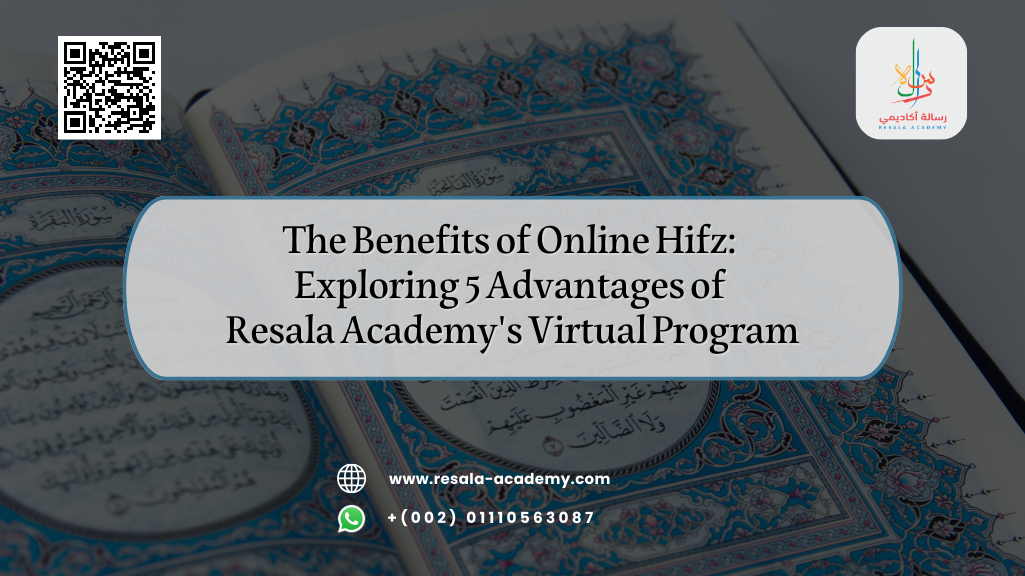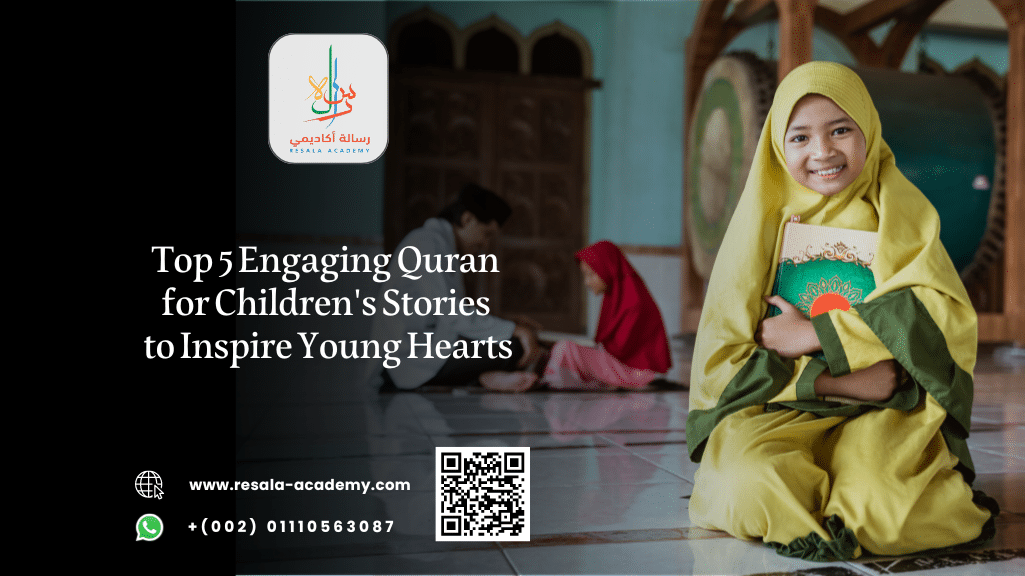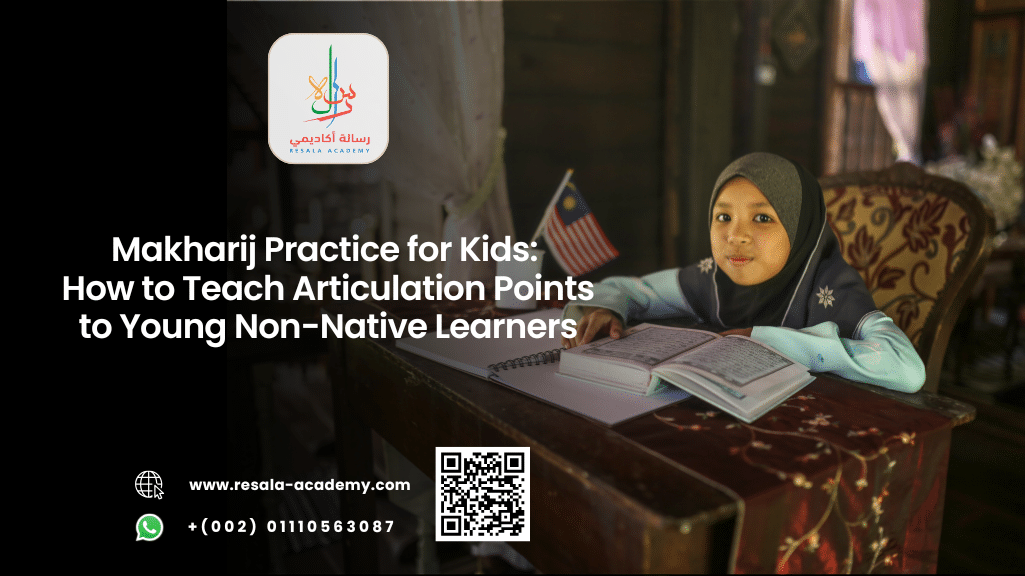The Benefits of Learning Arabic
Learning Arabic can open up a world of opportunities, both personal and professional. It is an official language in 22 countries, spoken by over 300 million people around the world. Learning Arabic can help foster greater understanding between different cultures, build bridges between language barriers, and provide its speakers with the ability to access a wealth of knowledge found in ancient texts. Here are some of the main benefits of learning Arabic:
1. Arabic is one of the most commonly spoken languages in the world
This is definitely true – Arabic is one of the most commonly spoken languages in the world. In fact, it is the fifth most spoken language in the world, with over 300 million speakers. This means that if you learn Arabic, you will be able to communicate with a large number of people from all over the globe.
2. Learning Arabic can help you do business with people from all over the world
If you are looking to do business with people from the Middle East and North Africa, learning Arabic is essential. It is a language of commerce in many parts of this region, so having knowledge of it can go a long way in facilitating successful business deals. Furthermore, understanding the cultural nuances associated with speaking Arabic can be beneficial when negotiating terms or building relationships.
3. Arabic is the language of the Quran
The Quran is the holy book of Islam and it is written in classical Arabic. For those looking to deepen their understanding of Islam, learning Arabic can be a valuable tool. Understanding the original language used to communicate Islamic teachings can help one gain insight into its core principles and values.
4. Arabic is an important language for those interested in the Arab world
For anyone looking to study the history, politics, culture and society of the Arab world, having a good command of Arabic can be incredibly beneficial. Not only will it help you access written sources of information in their original language but it can also enable you to better understand the nuances of culture and society in the Middle East.
5. Learning Arabic can help you better understand other languages
Due to the fact that Arabic is an ancient language, it has had a great influence on many modern languages, including English. For example, over 2000 English words are derived from Arabic. Having knowledge of this language can thus help one better understand the root of many words in English and other languages, which can be useful for language learners.
Overall, learning Arabic has a host of personal and professional benefits. Whether you are looking to do business with people from the Arab world or gain a deeper understanding of Islam, having knowledge of this language can go a long way in helping you achieve your goals.
6. Arabic is a beautiful, poetic language that is fun to learn
Finally, Arabic is an incredibly beautiful language with a rich and poetic history. Its grammar and pronunciation are quite different from many other languages spoken in the world today, making it both interesting and challenging to learn. Even if you don’t plan on using it professionally or in any practical way, learning Arabic can still be an enjoyable and rewarding experience.
Learning Arabic can open up a wealth of opportunities, both personal and professional. With dedication and effort, anyone can learn this fascinating language and reap the rewards it has to offer. So why not start learning today?
FAQ
1. What can you do with Arabic?
You can do a variety of things with Arabic, including communicating with people from all over the world, doing business in the Middle East and North Africa, understanding Islam better through its holy book (the Quran), learning about the Arab world, or simply enjoying the beauty of the language.
2. What is the best way to learn Arabic?
The best way to learn Arabic depends on the individual and their learning style. Some people prefer to take classes while others prefer to use online resources or self-study materials. Regardless of your preferred approach, it is important to be consistent with practice in order for the language to stick.
3. Is Arabic a difficult language?
Arabic is considered to be a moderately difficult language, but with enough dedication and practice, it can be learned. There are certain aspects of the language that may prove more challenging than others, such as its grammar and pronunciation. However, by immersing yourself in the language and focusing on speaking and practicing regularly, you should be able to master it over time.
4. How long does it take to learn Arabic?
It depends on the person and their level of dedication, but it typically takes around one to two years to become proficient in Arabic. Those who are serious about learning the language should expect to invest significant amounts of time and effort into studying and practicing regularly in order to succeed.
5. What are the benefits of learning Arabic?
Learning Arabic can offer a variety of benefits, including better understanding the Arab world, gaining insight into Islam and other religions, improving your foreign language skills, developing business opportunities in Middle Eastern countries, and enjoying the beauty of a unique and ancient language. It also looks great on a resume and can open up opportunities for career advancement.
6. Is there a way to make learning Arabic easier?
Yes, there are several ways to make the process of learning Arabic easier. These include using online resources such as apps, websites and podcasts; joining language exchange groups or clubs; finding native speakers to practice with; and attending classes or language exchange events. Additionally, setting goals for yourself can be a great motivator and help you stay on track. Finally, don’t give up – learning a language takes time and effort, but it is worth the effort in the end!
7. What resources are available for learning Arabic?
There are many excellent resources available for learning Arabic. These include textbooks, online courses, apps, podcasts, YouTube videos, and language exchange websites. Additionally, there are many organizations that offer classes and language exchanges to help you learn the language in person. Finally, having conversations with native speakers or joining online forums can also be great ways to practice and improve your skills.
8. What is the best way to practice speaking Arabic?
The best way to practice speaking Arabic is by having conversations with native speakers or joining language exchange groups or clubs. This will give you the opportunity to listen and learn from others, as well as get feedback on how you are progressing. Additionally, you can also record yourself speaking and practice with that, or watch Arabic films and TV shows to get familiar with the language. Finally, setting up language exchanges via Skype or other online services is a great way to practice speaking in real-time.
9. What is the most important thing to remember when learning Arabic?
The most important thing to remember when learning Arabic is to be consistent with your practice. Learning any language takes diligence and dedication, so it is important to make sure you are studying regularly and immersing yourself in the language. Additionally, don’t be afraid to make mistakes – that is part of the process! Finally, make it fun by listening to music, watching movies and TV in Arabic, or joining language exchange groups. With enough practice, you’ll be speaking like a native in no time!
10. What advice would you give someone who is just starting to learn Arabic?
My advice for someone who is just starting to learn Arabic would be to start by learning the basic alphabet and pronunciation. Once you have mastered that, move on to simple words, phrases and sentences. Additionally, find resources such as textbooks or online courses to help guide your journey. Also, don’t be afraid to make mistakes – try to have fun with it! Finally, remember that consistency is key in language learning, so be sure to commit yourself to studying and practicing regularly in order to succeed.
Conclusion
Learning Arabic can be a rewarding and enriching experience. With the right resources, dedication, and practice, anyone can learn this beautiful language. Don’t forget to get creative with your learning methods – watch movies and TV in Arabic, listen to music, join online forums, set up language exchanges with native speakers – and most importantly: don’t give up! With enough effort and consistency, you can become a proficient Arabic speaker in no time.




